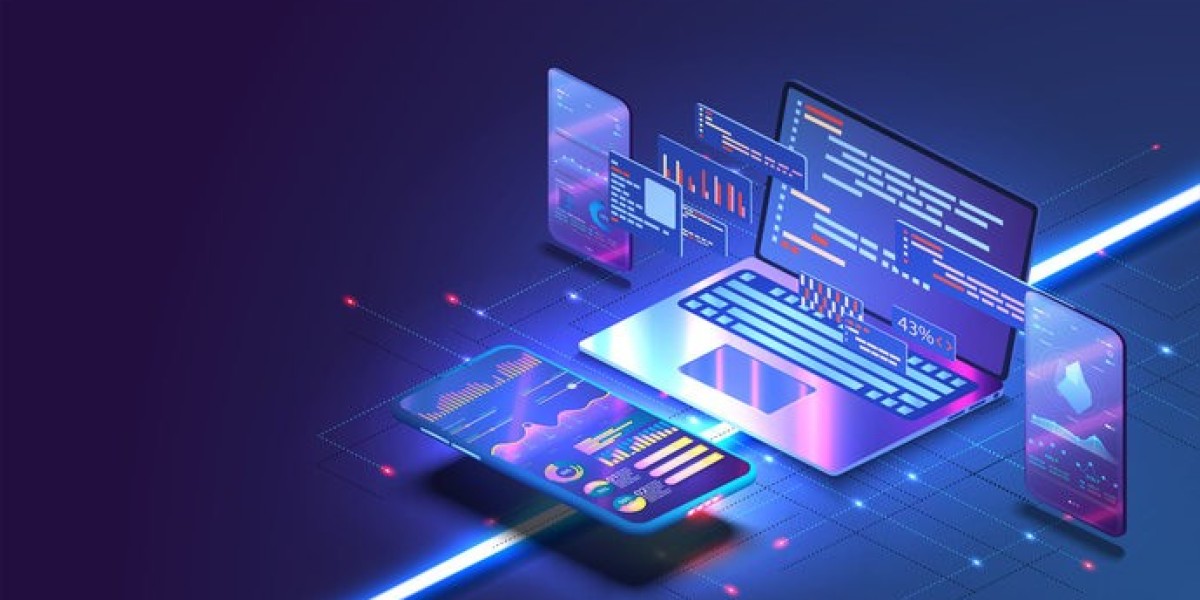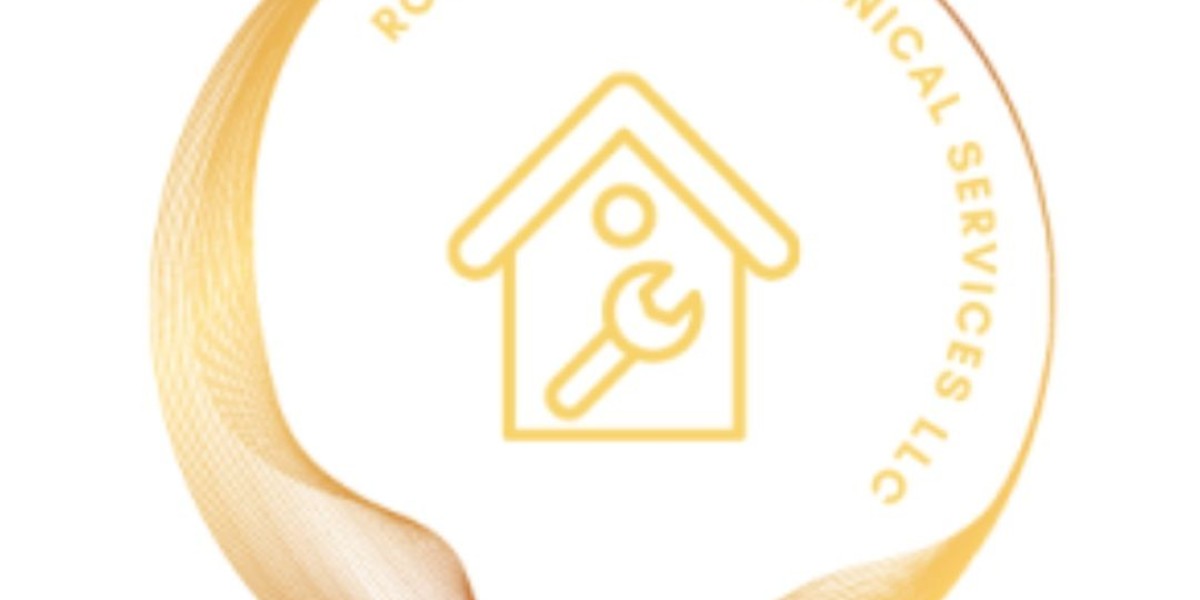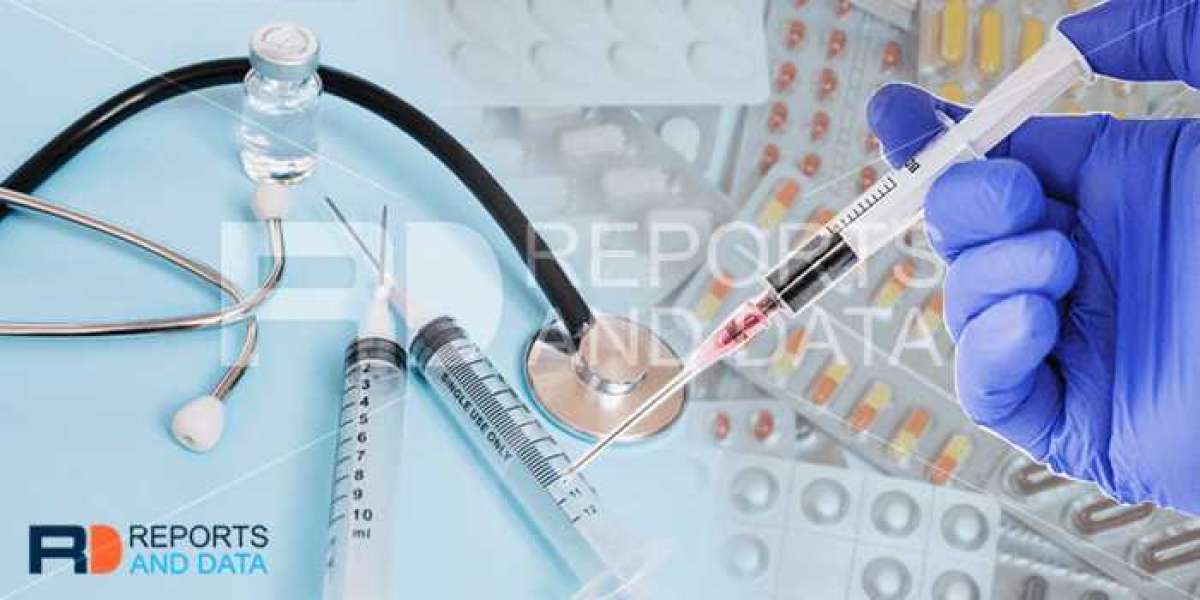How to Spot Signs Your Hardware Needs Repair
Introduction
Understanding the signals that indicate your device may require repair is vital to maintaining the performance, speed, and durability that your equipment provides. In the digitally connected age, nearly every business and person relies on computers and other electronic devices. Hardware issues can affect productivity as well as the security of your data. By recognizing the key indicators of hardware repair—from unusual sounds and graphics problems to unexpected shutdowns—you can avoid minor issues from becoming costly repairs or devices failing.
Being aware of these warning signs early could be particularly beneficial for companies as well as remote workers who require regular access to computer systems to ensure productivity and adhere to deadlines. In countries such as the UAE, where technology plays an important part in daily life, prompt hardware services can extend the lifespan of equipment to reduce downtime and make repairs less costly.
The importance of knowing hardware repair indicators
Brief Overview of Key Hardware Repair Indicators
Each computer has a variety of components, like the hard drive, power supply, graphics card, RAM, and power supply, each of which has its own weaknesses. The most important indicators for the repair of hardware can suggest that one or several components may be in trouble. Being aware of these indicators requires looking for signs of slow performance, excessive overheating, sudden shutdowns, and display issues, all of which may indicate various types of hardware malfunctions.
Benefits for Users and Businesses
The earlier detection of hardware problems offers numerous benefits to both business and individual users. For instance:
Reduced repair costs Early detection can translate into lower repair costs. Addressing small problems before they become bigger problems can help prevent hardware malfunction.
Business Continuity: For companies, particularly those that depend in large part on the technology industry, reducing interruptions is essential. A single computer problem can disrupt a whole workflow, impacting productivity and possibly even revenues.
Better longevity of devices Regularly monitoring the health of the hardware and fixing problems as they arise could extend the lifespan of the device and reduce the need for costly replacements.
Improved Data Security: Certain hardware problems, such as problems with hard drives, can cause data loss or corruption. The early intervention can stop valuable information from becoming unavailable.
Why It's Essential to Identify Hardware Issues Early
Minimizing downtime and improving performance
If hardware issues are not addressed and they grow, they could increase and cause the device to fail. Being aware of and resolving the issues that develop can be the difference between a short period of downtime or expensive repairs. Additionally, fixing these issues in the early stages often improves the performance of a device, which can help avoid the stress and frustration that come with operating on a malfunctioning or slow machine.
Avoiding data loss and expensive repairs
Hardware failures, particularly those related to storage devices, can cause catastrophic data loss when not taken care of promptly. Recovery of data from failed hard drives or systems that are damaged can be expensive, and, in some instances, it is not successful. Being aware of signs such as frequent error messages, odd sounding emanating from the hard drive, or a slowing of file access speeds allows you to save files before they become unaccessible.
PC Maintenance Tips for Hardware Longevity
Conducting a routine hardware check can be a huge help in preventing problems. Here are some important ways to prolong your computer's lifespan:
Regularly cleaned: Dust may build up inside the device, especially in the vicinity of the fan, which can cause the device to become overheated. Regular cleaning helps maintain a good airflow and ensure that the device stays cool.
Updates to Drivers and System The process of keeping your system operating and drivers up-to-date will ensure compatibility and smooth operation of your hardware components.
Routine Diagnostics Routine Diagnostics: A lot of devices have built-in diagnostic tools, for example, Windows Device Manager or Apple Diagnostics, which are able to detect problems with the hardware early.
Hardware Repair Indicators: Knowing When It's Time for a Check-Up
Knowing the most common indicators that your device might require urgent attention will help you to manage your device more effectively. By recognizing these early warning signs and taking action prior to serious damage happens.
Overview of Key Indicators of Computer Hardware Failure
Hardware failures in computers can be manifested in different ways, with some more obvious than others. Here are a few indicators of hardware problems:
Unexpected system shutdowns It could indicate problems related to the power source, excessive heat, or hardware-related conflicts.
Overheating and Fan Failure In most cases, overheating causes permanent damage to components such as the GPU or CPU. So identifying problems with the fan in the early stages is crucial.
Performance Slowdowns: Performance lags could frequently be an indication of storage or memory issues, suggesting problems with RAM or a failed hard drive. issues.
Display or graphics problems Troubles with flickering screens or issues with resolution could be a sign of a damaged graphics card.
Common Issues Indicating Hardware Problems
Unexpected system shutdowns and freezing
If your computer is constantly shutting off or stops working, this is usually an indication that something is wrong within the system. It could be caused by excessive heat, RAM issues, or a malfunctioning power supply. If you ignore these indicators, it can cause more severe problems with the hardware.
Slower Performance: Why Is My Computer Slowing Down?
The slow performance of a system is often caused by software. However, if the normal troubleshooting fails, it could be due to hardware. Performance issues that cause slow performance may be related to problems with the hard memory or the drive, especially when it is accompanied by issues with disks or system instability.
Overheating and Fan Issues
The risk of overheating is for components in a computer, especially in the event that its cooling mechanism isn't operating effectively. Monitor your computer's temperature regularly and watch for any variations in the noise of the fan. A groaning or excessively loud fan can indicate trouble.
Graphics and Display Problems
A distorted or flickering display could indicate an issue with your monitor or graphics card. As time passes, graphic issues could get more frequent or more urgent and require immediate attention in order to avoid an entire system crash.
Unusual Sounds or Grinding Noises
Strange sounds, particularly grinding noises emanating from an HDD, indicate that immediate backup and inspection are required. These sounds usually signal mechanical problems, especially when devices use moving components like traditional HDDs.
When to Repair Computer Hardware: Situations to Seek Professional Help
Certain issues can be addressed at home; however, other hardware issues require expert knowledge.
Constant Error Messages and Software Crashes
Error messages and frequent crashes could be the result of hardware-related problems. While troubleshooting software can help solve some issues, persistent problems typically indicate more serious hardware issues.
Physical damage or loose connections
Physical damage, like broken or loose ports, as well as connectors, can result in system instability. In these situations, the need for repair or replacement of hardware is usually required.
Common Signs of Hard Drive Failure
Loss of files, long loading times, and disk errors could indicate issues with the hard drive. Regular backups are vital when these indicators begin to appear and a complete failure could be in the near future.
Quick Tips to Identify Computer Hardware Problems at Home
While certain hardware issues require attention from a professional, many issues can be addressed at home.
Run diagnostics and monitor performance. Utilize diagnostic software or the built-in tool to test the health of your hardware and spot any warning signs.
The Device Manager The Device Manager is a must for Windows users. The Device Manager provides insight into hardware-related conflicts and drivers that require updates.
Utilizing Diagnostic Tools built-in to Laptops and PCs: Use specific diagnostics for your system, such as Apple Diagnostics or Dell's SupportAssist, to conduct quick tests.
Symptoms of Failing Computer Hardware: Top Signs to Watch For
Here are some common signs of hardware that could be at risk of failing:
Problems with RAM that cause crashes Memory issues can lead to frequent system errors, performance delays, as well as random reboots.
Problems with Power Supply: A faulty power supply could cause intermittent shutdowns or issues with booting.
Network and connectivity issues Routers and network adapters are also susceptible to hardware problems, which can lead to decreased speeds or lost connections.
Computer Repair and Maintenance in Ajman: Reliable Options and Services
In the UAE In the UAE, particularly Ajman Ajman, a variety of hardware-related services can assist with maintenance and repairs.
Picking Reliable Hardware Solutions Services in UAE When deciding on the right service supplier, consider factors such as reputation, customer reviews, and price.
Computer Repair and Maintenance in Ajman Search for companies that have specialized knowledge in areas such as hard drive recovery and troubleshooting network issues.
How to Spot Hardware Malfunctions Early and Take Preventive Action
Being proactive in identifying and fixing hardware issues can help prevent sudden device malfunctions.
Warning Signs of Imminent Hardware Failure
Check for indicators such as slow loading times, odd sounds, and frequently appearing error codes to spot issues before they become worse.
Establishing a Routine for Regular PC Maintenance
Schedule regular maintenance to prolong the life of your hardware, such as cleaning, updates, and diagnosis.
Preparing for Data Backups and Recovery in Case of Failure
Backups of data are essential to safeguard important files in the event of hardware malfunction. Backups can be stored on external drives or cloud storage for extra security.
FAQs
What are the most common indicators of hardware problems?
Many crashes, overheating weird sounds, screen glitches, and peripherals that aren't responding are common signs.
How can I resolve hardware issues by myself?
Certain minor issues, such as dust buildup, can be addressed at the home. For more serious repairs, professionals are recommended to avoid causing more damage.
What is the best frequency to wash the hardware on my computer?
A complete internal clean every six months can help keep your home safe from overheating and damage caused by dust.
What is causing my computer to overheat?
Overheating may be due to dust accumulation, insufficient airflow, or failed fans. Proper ventilation will minimize the chance of this happening.
Does professional repair always make sense in the event of hardware malfunctions?
Sometimes, however, professionals are the best choice in the case of complex hardware components or ongoing issues.
Conclusion: Recognizing and acting on hardware repair indicators
Being aware of these warning signs and reacting promptly can save time, money, and stress in the long run. From the individual user to the business, all benefit from identifying and addressing problems with hardware early.








